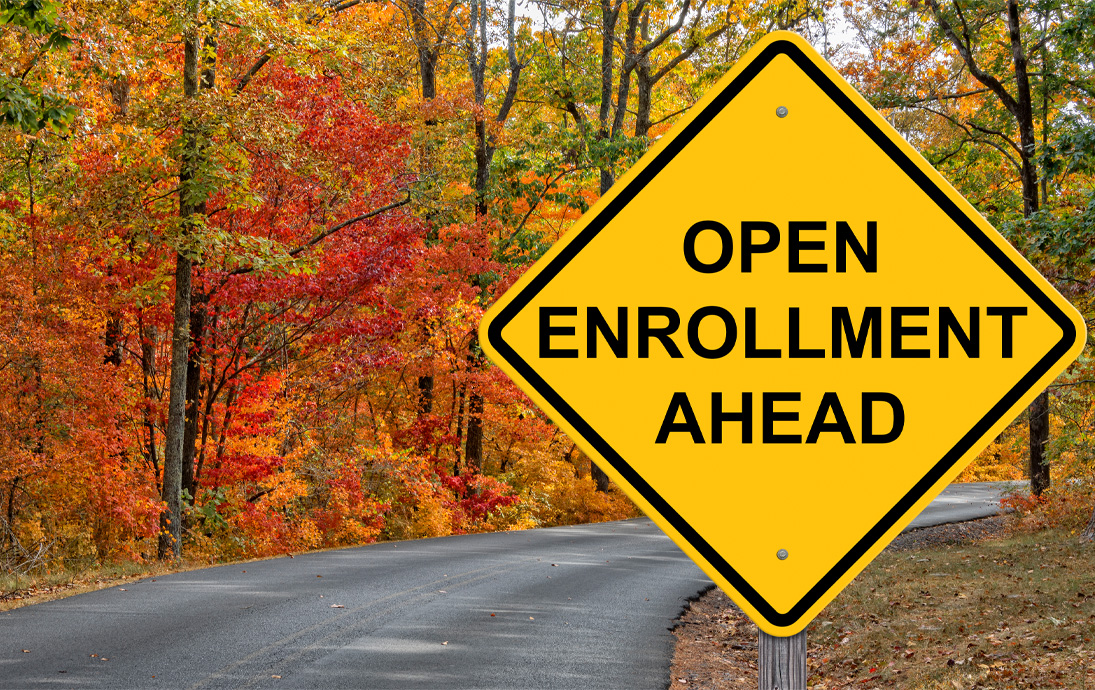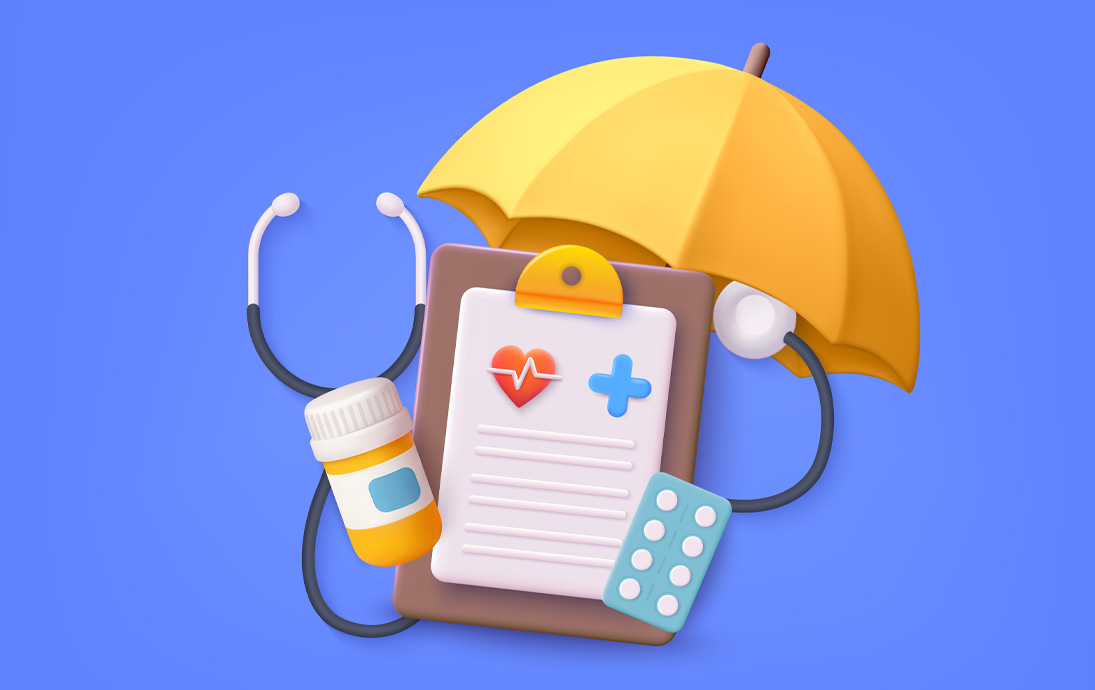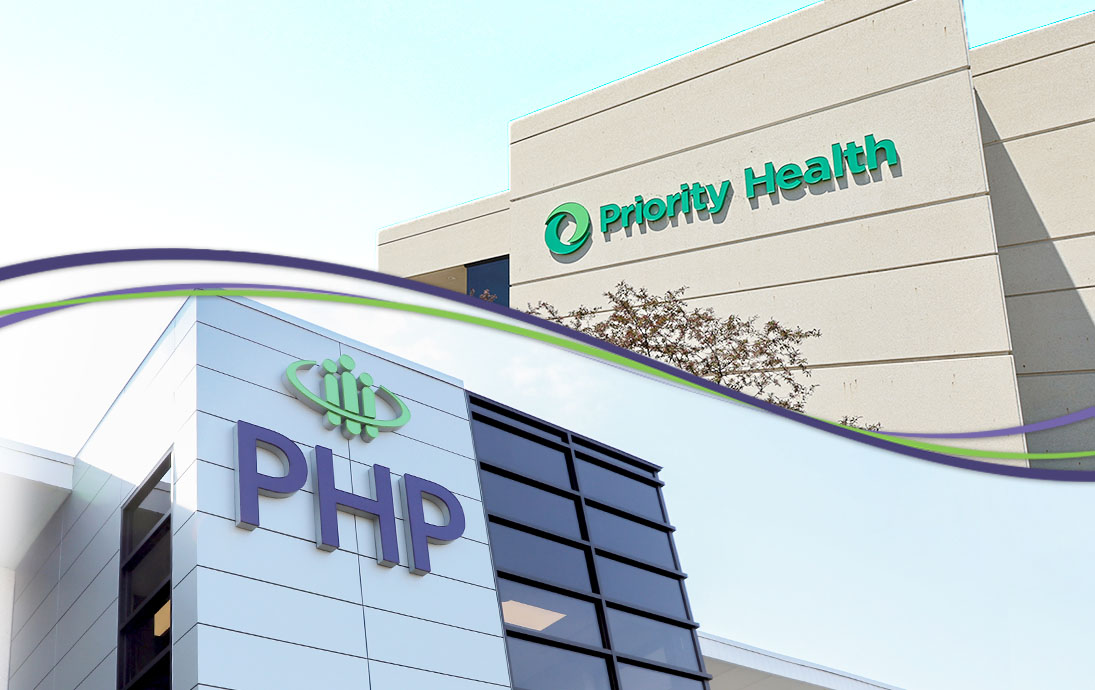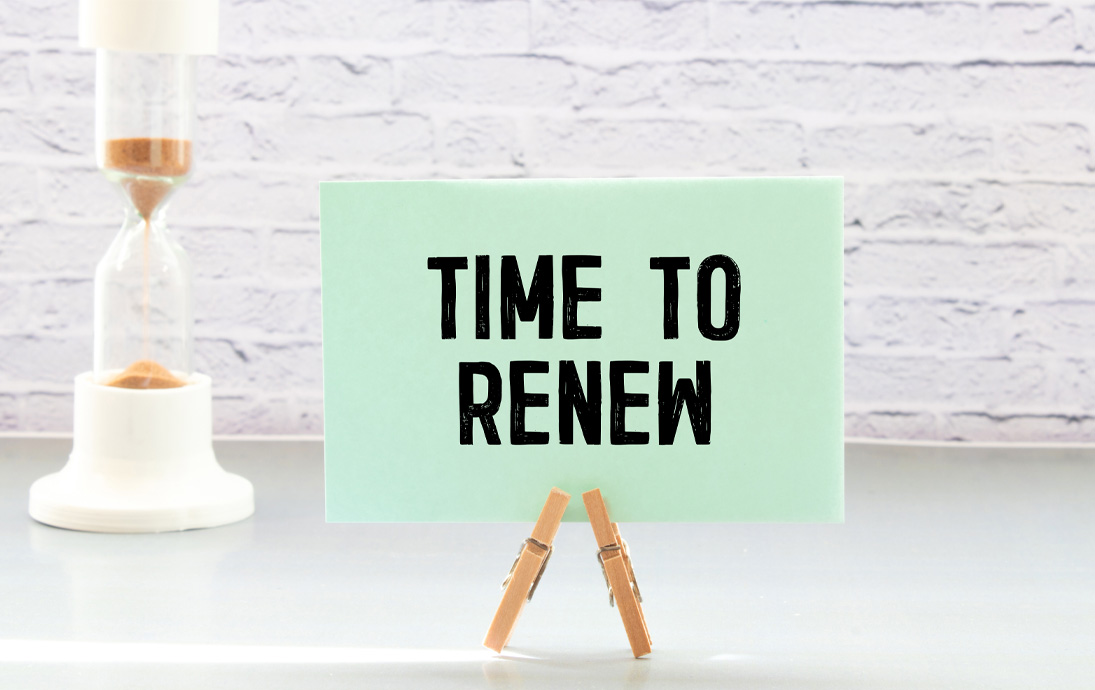
Health & Wellness
Outdoor Fitness in the Winter

Health & Wellness
Preventive Care: The Smart Investment Every Employer Should Make

Health & Wellness
Setting Boundaries

Industry News, TPA Services
An Employer’s Checklist for Employee Benefits Open Enrollment

Health & Wellness
Fall Nutritional Changes

From the PHP Team
Don’t Let Your Benefits Expire: 4 Things to Use Before the End of the Year

Media Release, PHP in the Community
Priority Health and Physicians Health Plan of Northern Indiana complete acquisition to foster innovation and improve access to care

Guest Contributor, From the PHP Team